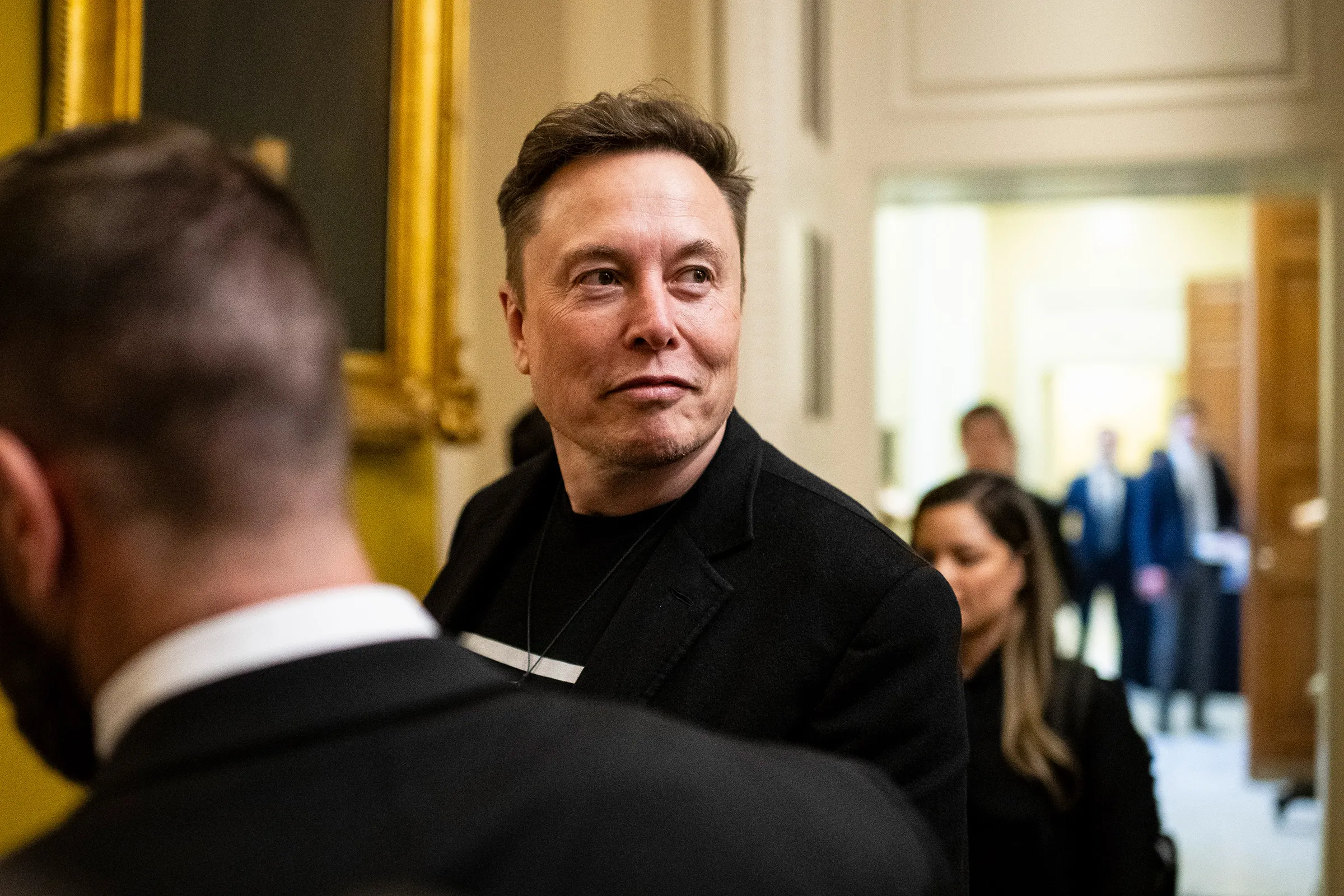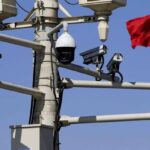San Francisco — Elon Musk’s AI startup xAI filed a lawsuit this week in a California federal court accusing OpenAI of orchestrating a campaign to poach employees and steal trade secrets — including source code for xAI’s chatbot Grok and sensitive information about data-center operations — to gain a competitive edge in the fast-moving AI race.
The complaint alleges a pattern of targeted recruiting that induced former xAI engineers and a senior finance executive to breach confidentiality agreements and bring proprietary files with them to OpenAI. The suit names several former xAI staffers and describes incidents in which source code and other confidential materials were allegedly transferred to personal devices or otherwise misappropriated.
xAI’s filing follows earlier litigation the company brought against a former engineer, Xuechen Li, accusing him of taking large amounts of xAI data to a new job at OpenAI. In the newest suit, xAI expands its target to include OpenAI itself, saying the company “engaged in a deeply troubling pattern” of hiring to obtain trade secrets.
The complaint accuses OpenAI of violating federal and California state law by inducing breaches of contract and misappropriating trade secrets. xAI is seeking monetary damages and injunctions to prevent further use of the allegedly stolen materials, and it paints the conduct as part of a broader effort by rivals to shortcut expensive research and development through illicit recruitment.
OpenAI has denied the allegations. In public statements and to reporters, the company pushed back, calling the lawsuit part of an ongoing feud and asserting that it hires talent through lawful means. The dispute comes amid an increasingly acrimonious rivalry between the two firms — and between Musk and OpenAI’s leadership — that has spilled into multiple legal actions this year.
Legal analysts said the case highlights thorny issues that courts often face in tech fights: proving that information qualifies as a trade secret, showing that employees actually used stolen materials in their new roles, and untangling whether hiring itself crossed a legal line. If xAI can show deliberate inducement of breaches, it could win significant relief — but those cases are often complex and fact-heavy.
The lawsuit also underscores how fiercely companies are competing for AI talent and infrastructure knowledge as they race to develop more powerful models and deploy them at scale. xAI’s complaint specifically points to operational know-how about data-center design and deployment — the practical backbone for training and serving large AI systems — as a valuable asset that, the company says, rivals sought to capture.
As litigation proceeds, the case could prompt closer scrutiny of recruiting practices across the AI industry and renew debate about how to protect corporate know-how without blocking legitimate employee mobility. For now, the filing adds another chapter to the growing legal war among Silicon Valley’s leading AI labs — one that could take months or years to sort out in court.










